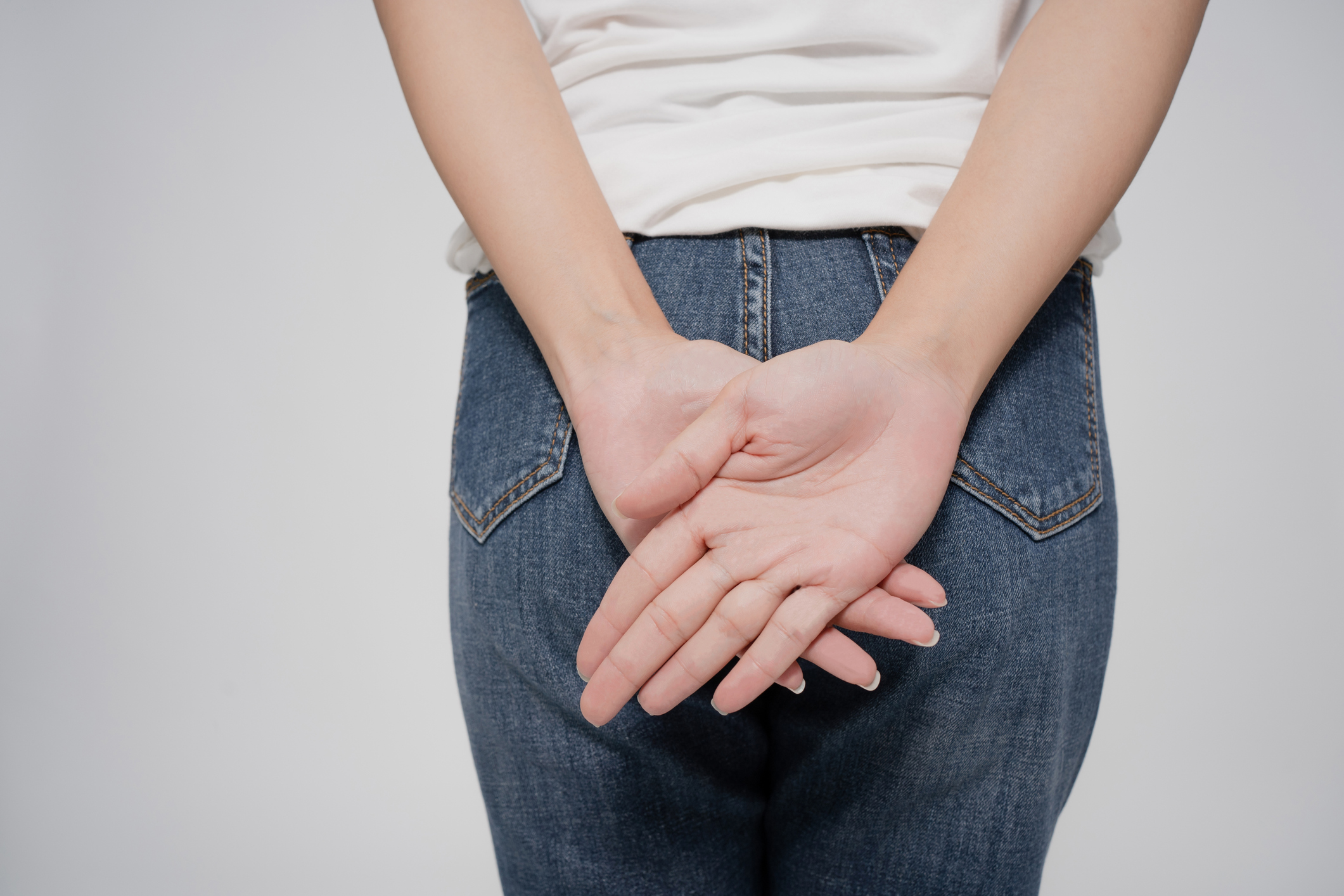

Hemorrhoids are a common condition that will affect an estimated 50% of Americans before they turn 50, and 75% of people will experience them in their lifetime. Typically, by the time hemorrhoids (also known as piles) have reached the stage where they’re noticeable, it’s unlikely they’ll go away on their own.
Chronic hemorrhoids tend to last more than a few weeks, with symptoms that flare up regularly. There are many factors that can lead to chronic or recurring factors, including pregnancy, following a low-fiber diet, sitting on the toilet for extended periods (such as surfing the web or playing games on a mobile device), heavy lifting or other vigorous activities, and similar activities that create undue pressure on the abdominal area. Ageing is another factor in chronic or recurring hemorrhoids, with tissue becoming less elastic and more prone to damage as we get older.
External chronic hemorrhoids rarely go away on their own, and left untreated, this common condition can progress to a serious medical complication that requires invasive surgery with a substantial recovery period, as well as significant pain.
While there are many options available to treat the symptoms of chronic hemorrhoids, none of them are able to resolve the underlying issue. Some home remedies may offer short-term relief, but this is temporary and may result in the external hemorrhoid disease progressing into a more serious condition.
Treating your chronic or recurring hemorrhoids is quite easy: consult with your medical professional and choose a treatment that is 99% effective, fast, and painless, such as the CRH O’Regan System. This hemorrhoid banding treatment takes about a minute to complete, has a complication rate of less than 1%, and fewer than 5% of patients experience a hemorrhoid recurrence within two years.